
With the US CBD market expected to reach $24.4 billion by 2024, the number of CBD oil users is likely to continue to grow over the next few years.
With more people becoming aware of the potential benefits CBD oil might offer, there seems to be more and more questions being asked by potential users who are curious as to whether it might be beneficial for them.
One question we’ve noticed appearing more frequently online is whether or not you can drive after using CBD oil.
Here’s everything you need to know.
Derived from cannabis, Cannabidiol, or CBD as it’s more commonly known, is one of over a hundred cannabinoid compounds found in the plant.
CBD interacts with the body’s endocannabinoid system, a recently discovered network of receptors and transmitters that are found in the brain and the body’s nervous systems, and help to regulate a number of the body’s functions.
As CBD doesn’t form a natural part of our diets, using CBD oil works in the same way as taking a multivitamin, making sure your body has all of the elements it needs to function at its optimum level.
Because CBD is a compound from the cannabis plant, there is still a large number of people who think that driving after taking CBD oil would be the same as driving while under the influence.
However, the high commonly associated with cannabis use is caused by Tetrahydrocannabinol, or THC, a psychoactive compound found in the cannabis plant.
CBD, on the other hand, is non-psychoactive, so provided your CBD oil meets the legal requirement of containing less than 1mg of THC then yes, it is safe to drive after taking CBD oil.
One concern users might have about using CBD oil before getting behind the wheel is whether or not it will impair their ability to drive.
We’re probably all aware that driving under the influence of Cannabis is illegal, but the ingredient within Cannabis that causes impairment is THC.
Unlike THC, CBD is a non-psychoactive compound, meaning it should have no effect on the users cognitive functions, and will not, therefore, impair their ability to drive.
While CBD is safe, and is generally well tolerated by people, there have been instances of side effects reported with CBD use.
While side effects are typically rare, and very mild if they do occur, it’s important that users are mindful of how their body reacts to taking CBD in the same way they would be with any other food supplement, and should stop taking if they believe it’s having an adverse effect.
One side effect that can be caused by taking a high dose of CBD oil, or by taking too much too quickly, is drowsiness. This could obviously be dangerous when driving a vehicle, so again it’s important to be aware of how you are personally reacting to the doses you’re taking, adjusting them accordingly if you do start to experience drowsiness.
The short answer is yes - all of our CBD products are legal in the UK.
There are still, however, many companies who are more interested in profits than high quality products, so we urge users to be careful about where they’re buying CBD oil from.
Legal issues can arise if the product you’ve purchased isn’t high quality, and it contains an illegal quantity of THC.
Police can instruct drivers to perform a field impairment assessment if they believe a driver is under the influence of a controlled substance such as THC, so make sure that the product you’re using in line with the UK’s guidelines of containing less than 1mg of THC and it’s unlikely there will be any issues.
In general, if a company is making claims about their products that seem too good to be true, it probably is.
Companies making claims about medical or health benefits of their products should also set alarm bells ringing. There are no approved health claims for any CBD supplements in Europe, so anyone doing so is selling unlawfully.
When it comes to CBD oil and driving, the bottom line is that it’s perfectly legal, and safe, to drive after you’ve taken CBD oil, provided you’ve purchased from a reliable source.
As with any form of supplement, users should take note of how they react when they start supplementing their diet, and should be mindful of any potential side effects that start to emerge.
If you’re unsure about which product would be best for you, we’ve created the “CBD First Time Buyers Guide” to help answer your most pressing questions about CBD.
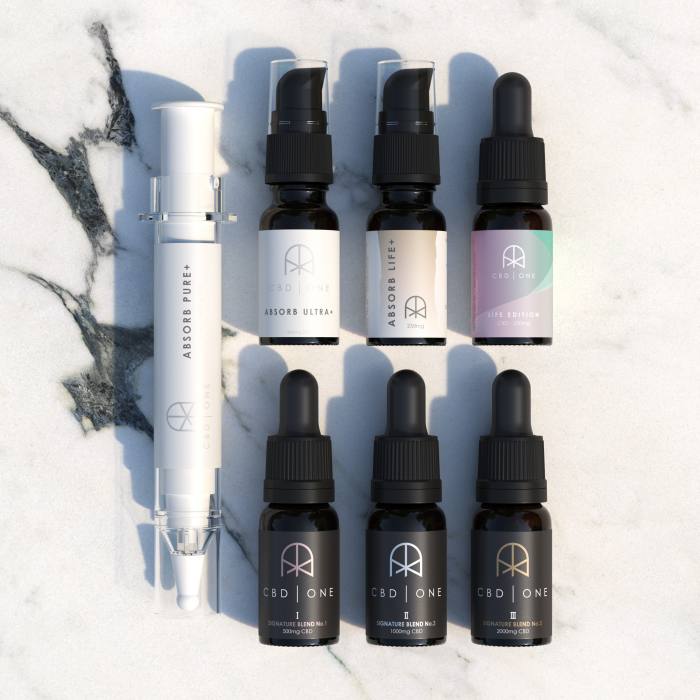
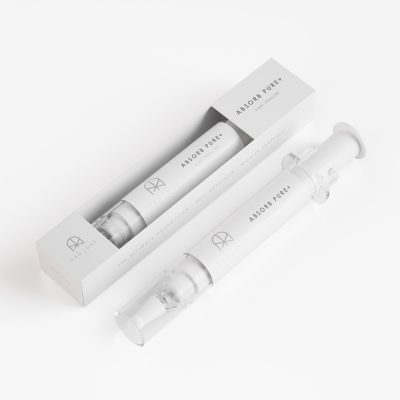
Bioavailability:?Bioavailability | 99% |
CBD content:?CBD content | 800mg | 1600mg | 4000mg |
Cannabinoid spectrum:?Cannabinoid spectrum | Full |
| Daily use: | Once daily |
Best for:?Best for | Powerful water-soluble option |
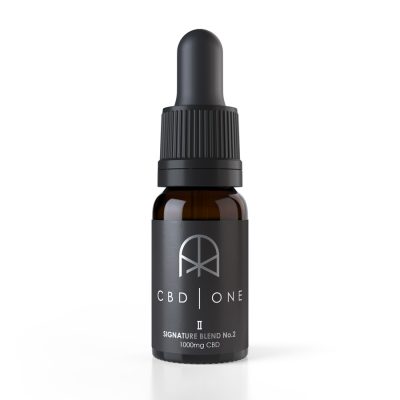
Bioavailability:?Bioavailability | 12 % |
CBD content:?CBD content | 1000mg | 2000mg | 5000mg |
Cannabinoid spectrum:?Cannabinoid spectrum | Full |
| Daily use: | 1-3 times |
Best for:?Best for | All round oil |
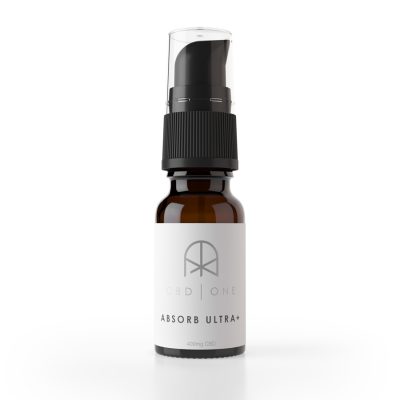
Bioavailability:?Bioavailability | 99% |
CBD content:?CBD content | 400mg | 800mg | 2000mg |
Cannabinoid spectrum:?Cannabinoid spectrum | Full |
| Daily use: | Once daily |
Best for:?Best for | Great all-rounder |
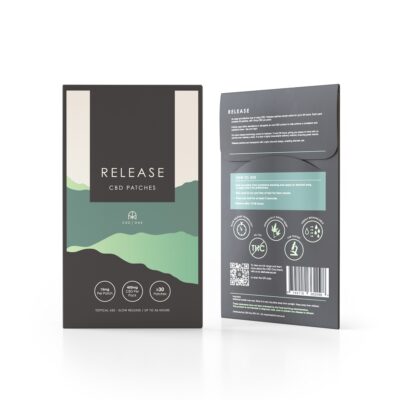
Bioavailability:?Bioavailability | 40%+ |
CBD Content:?CBD Content | 450mg | 900mg | 1350mg |
Cannabinoid spectrum:?Cannabinoid spectrum | Pure CBD |
| Daily use: | Once |
Best for:?Best for | Round the clock super-effective dosing |